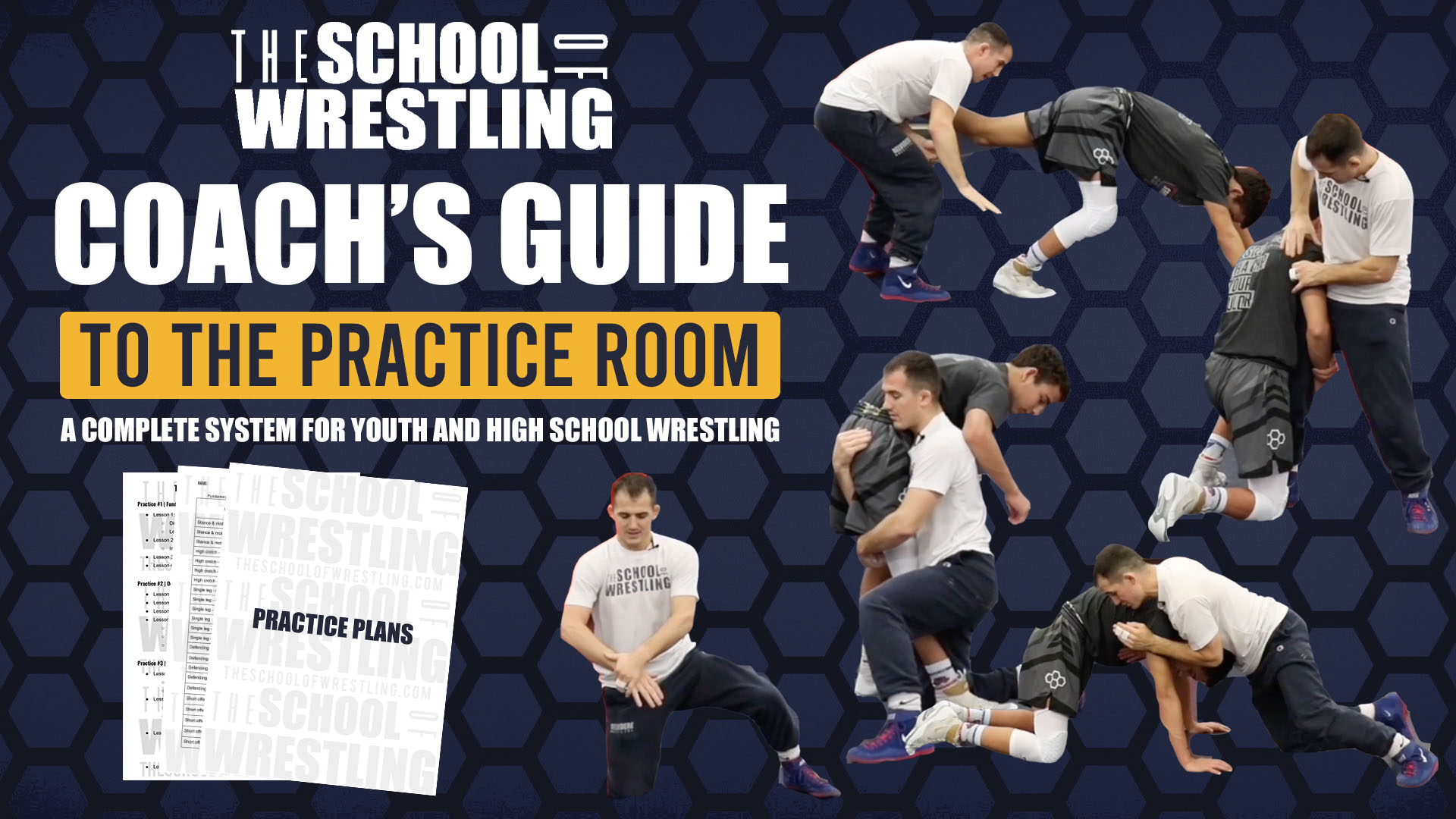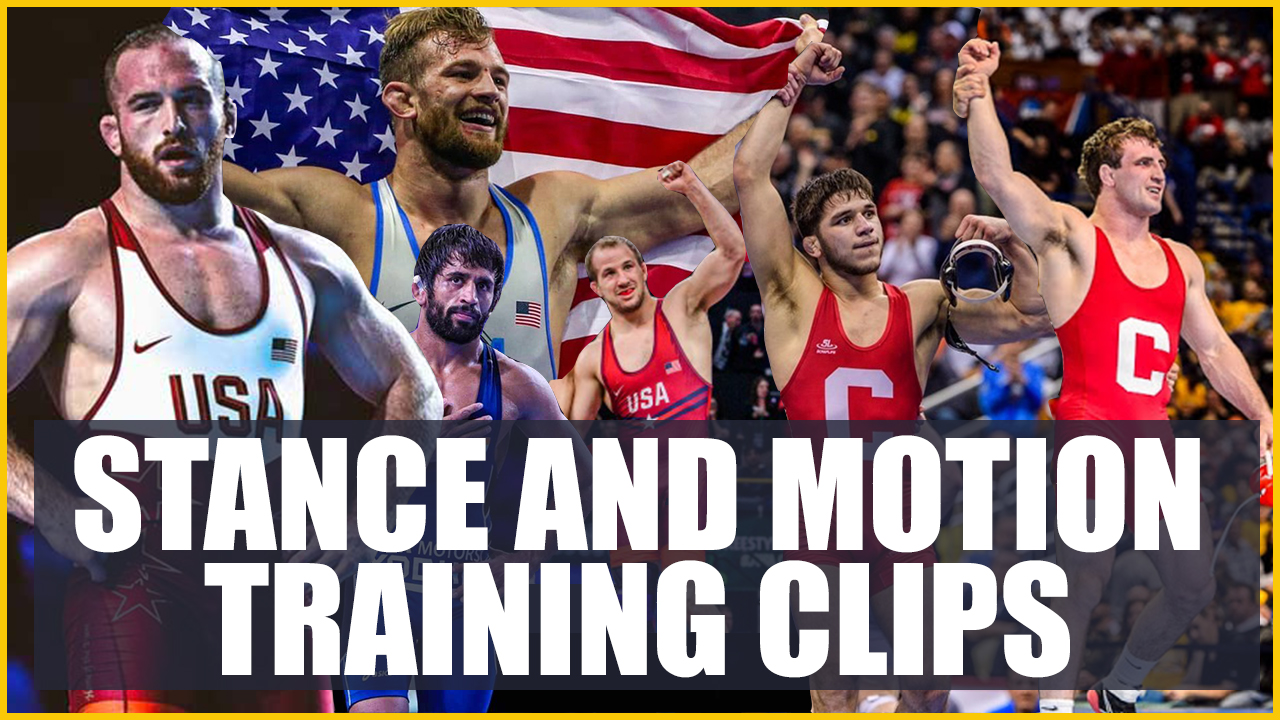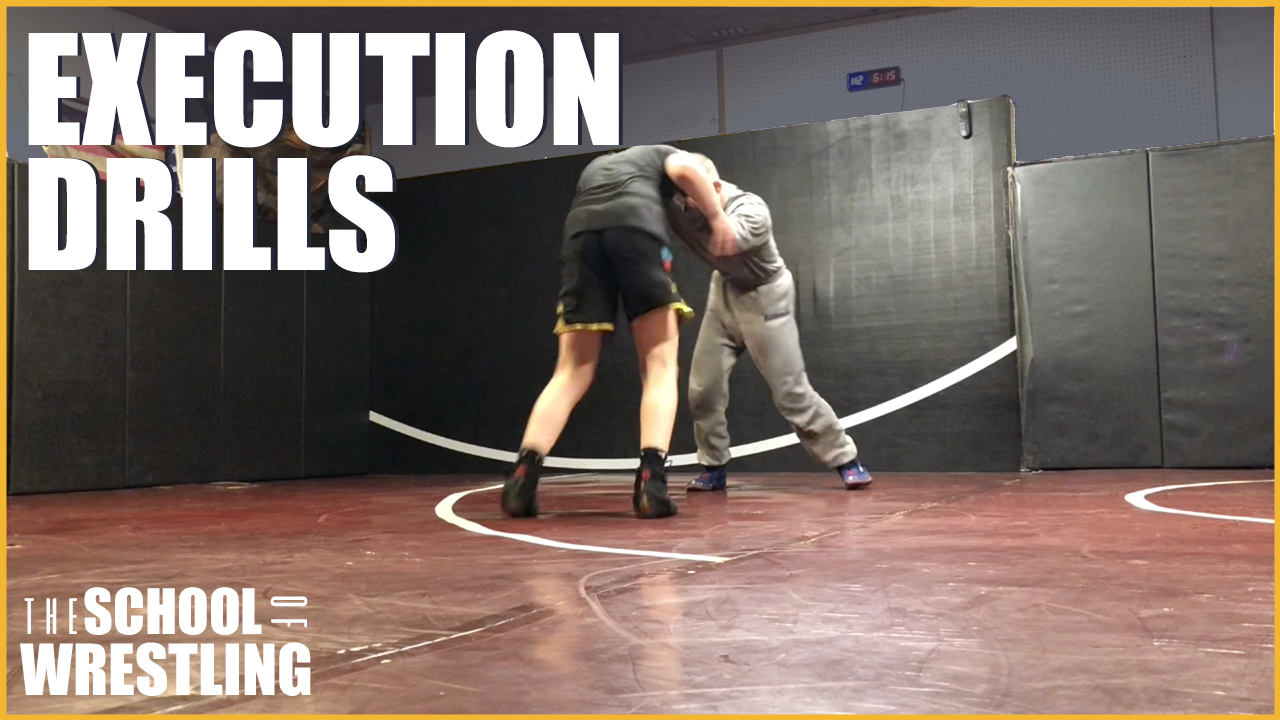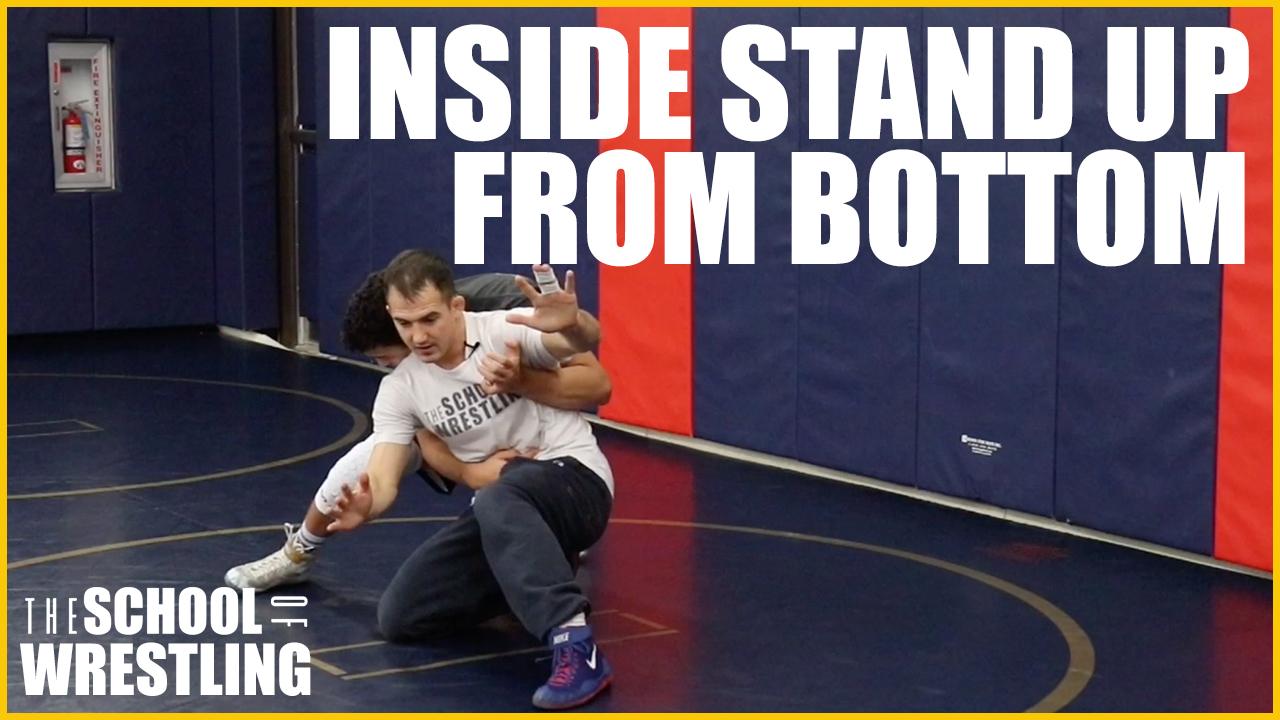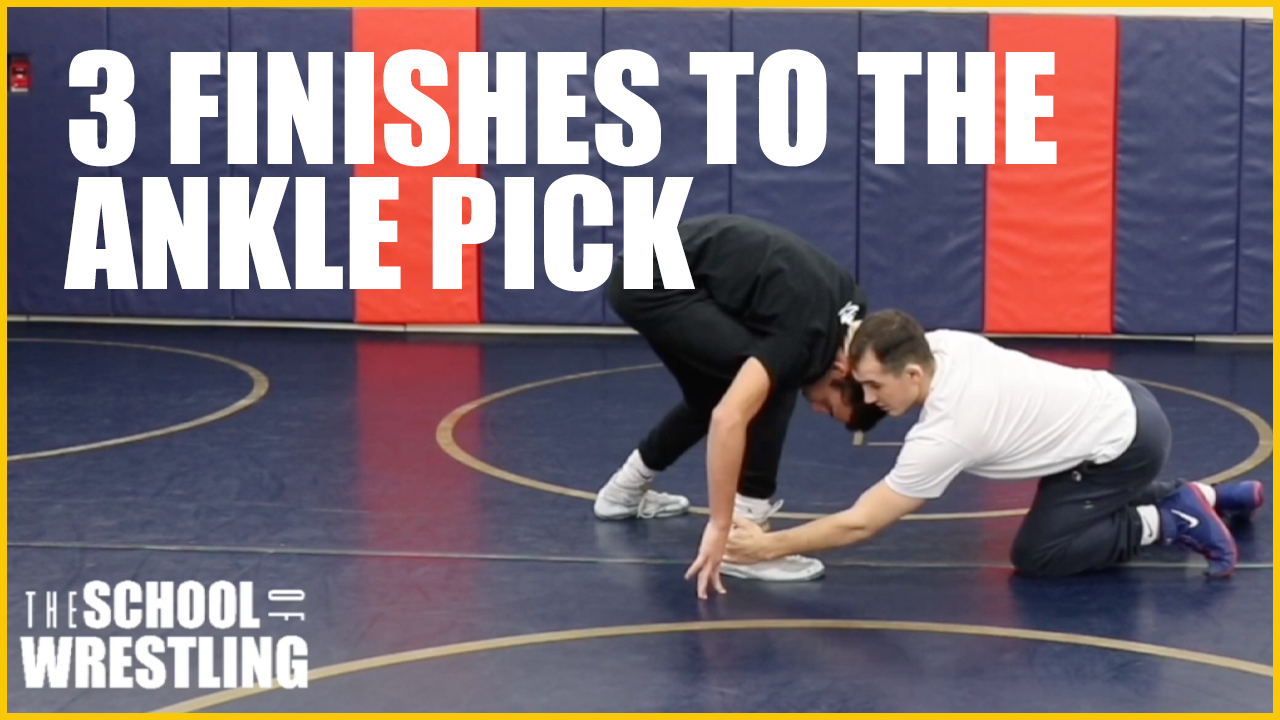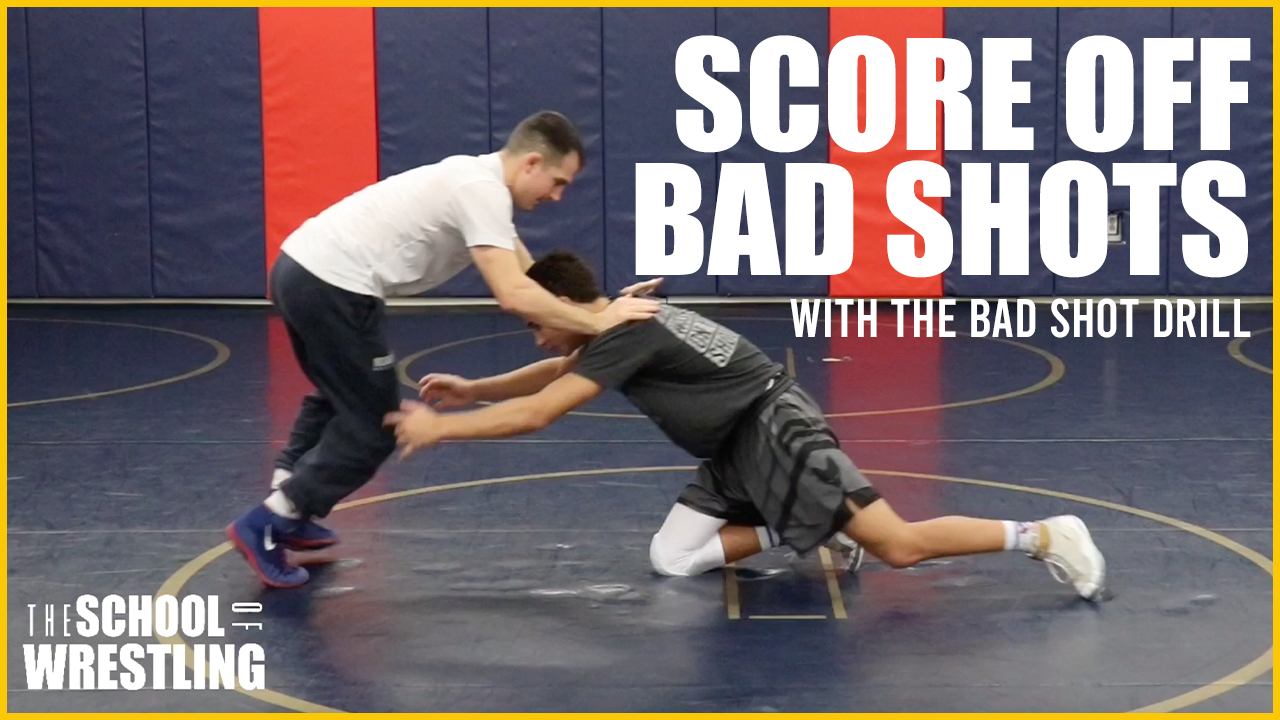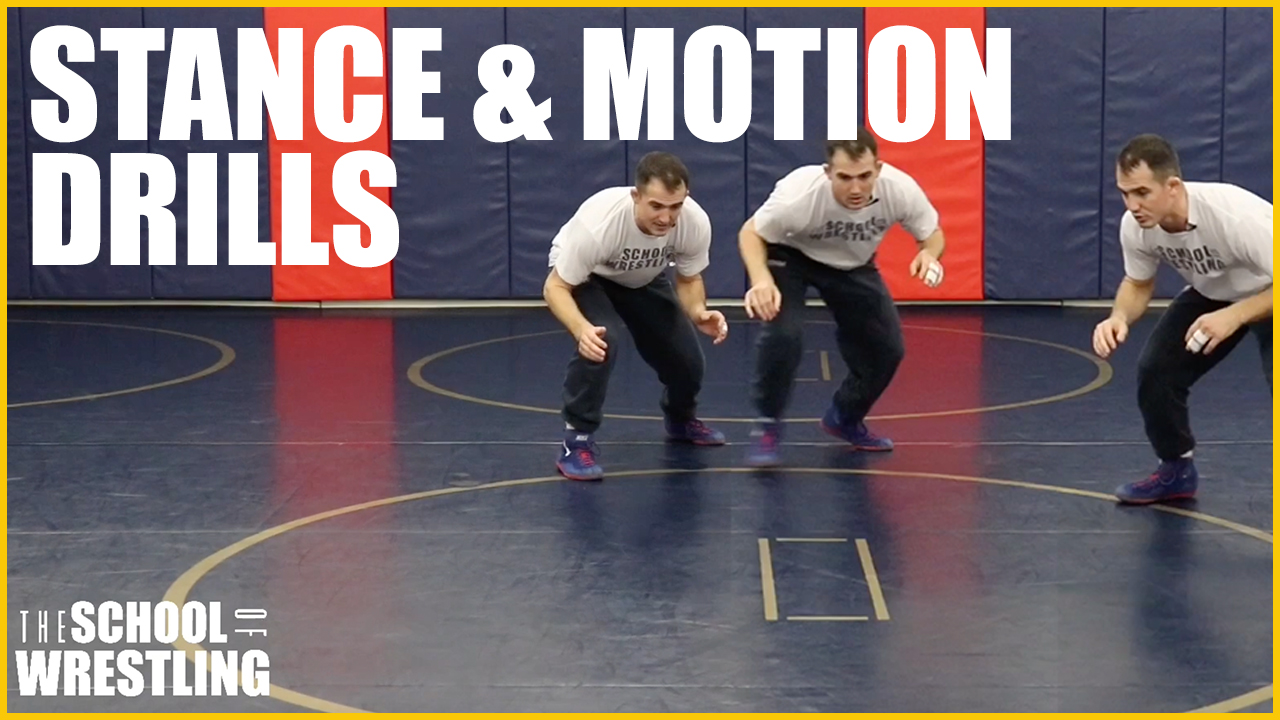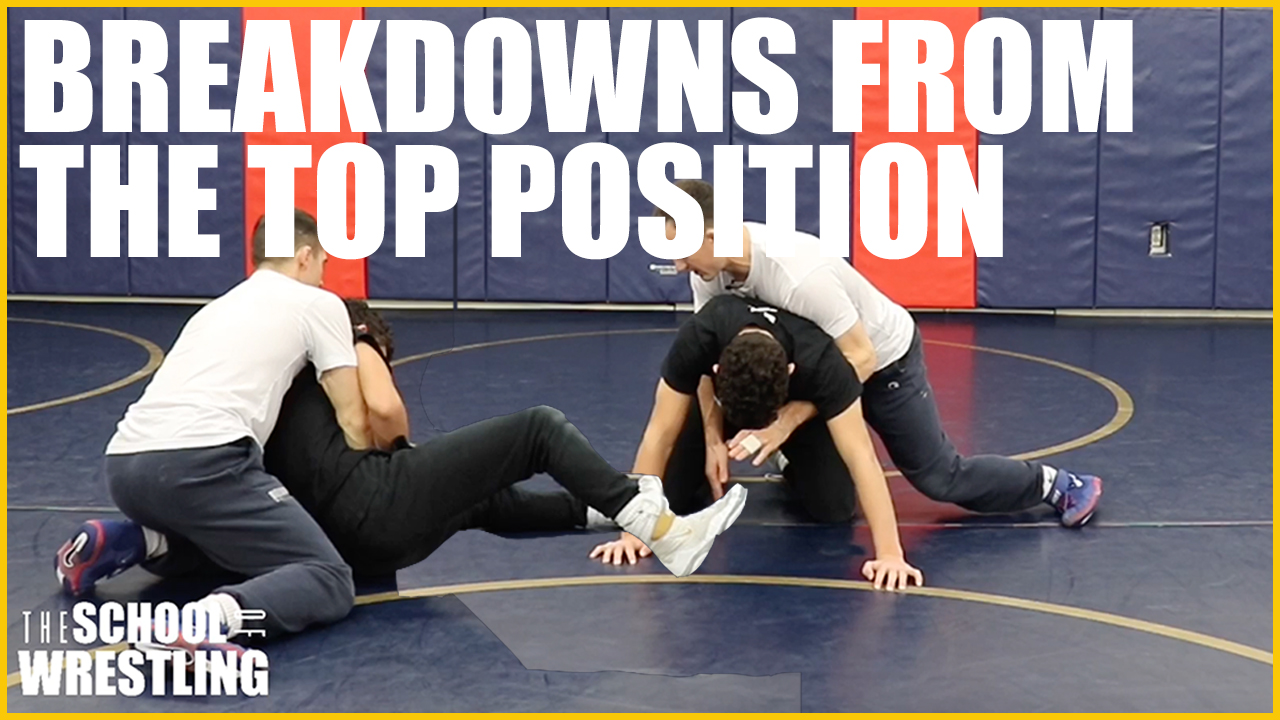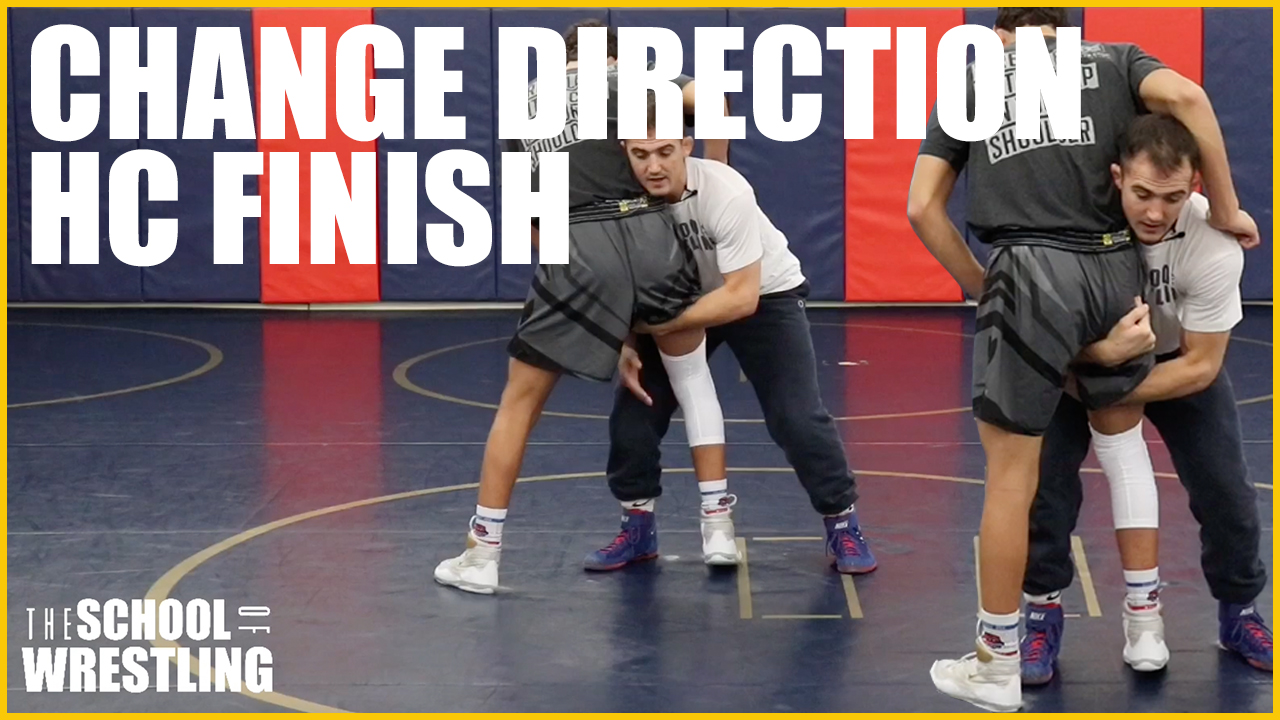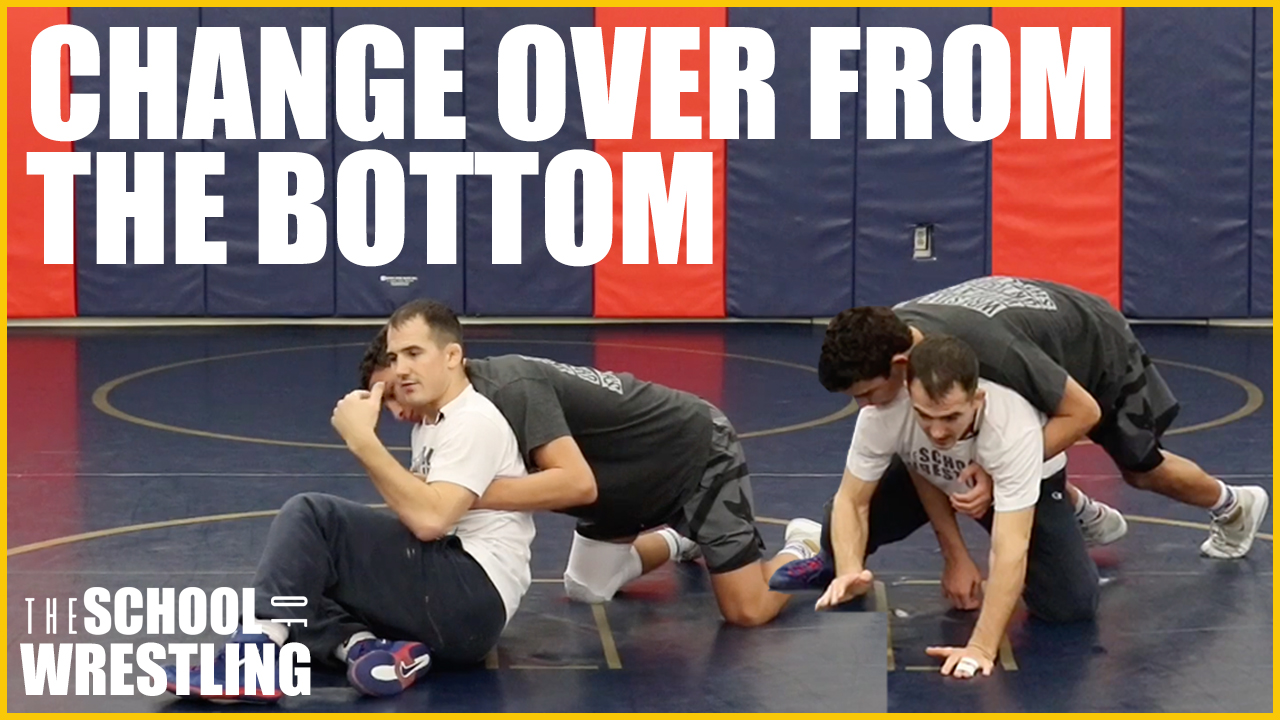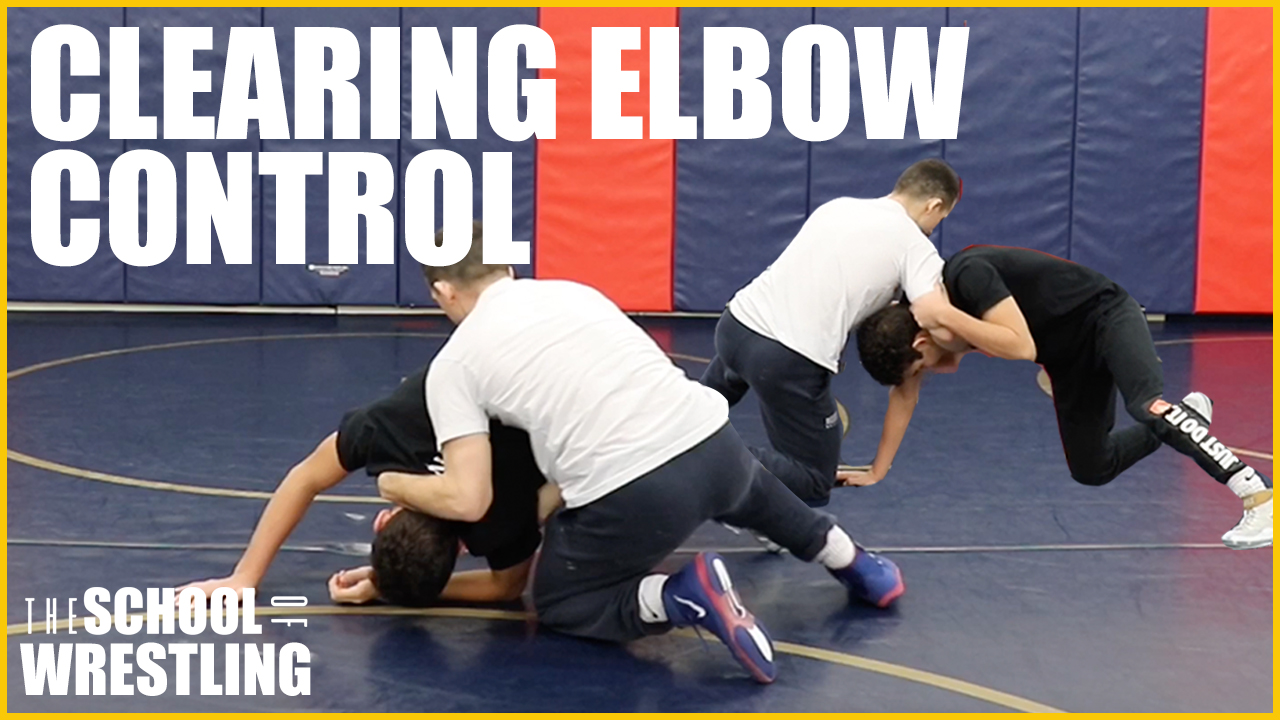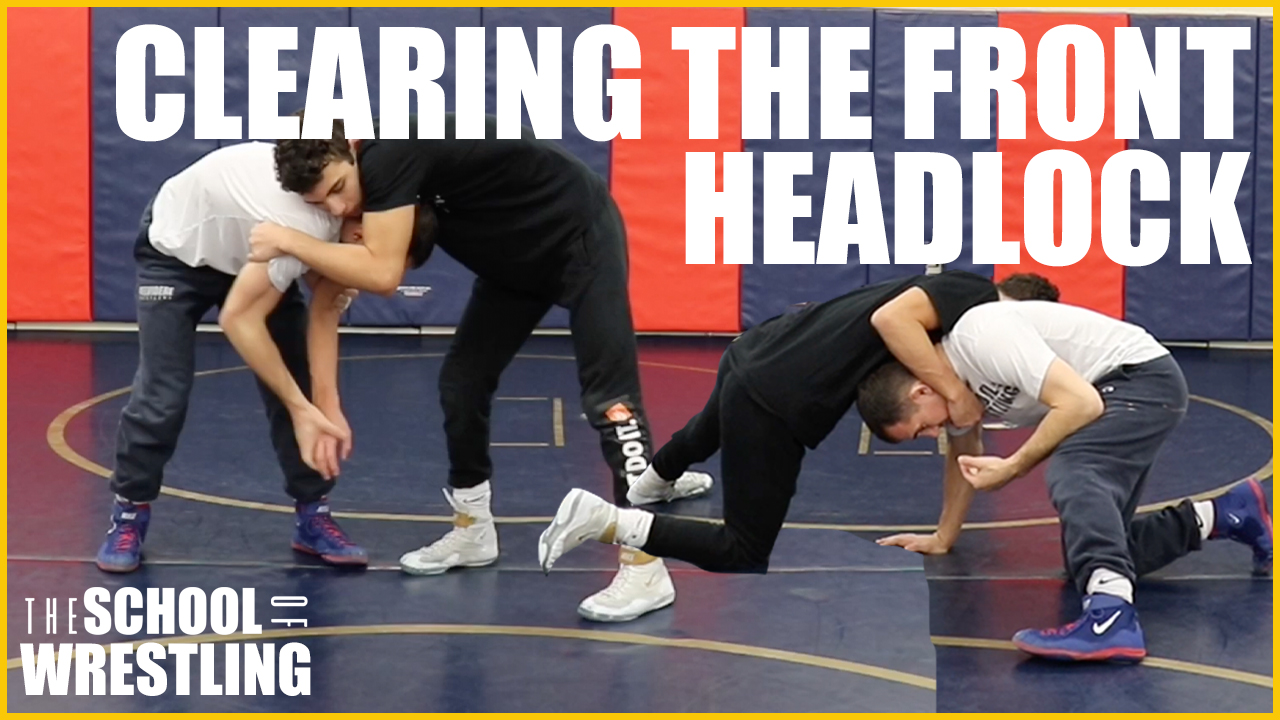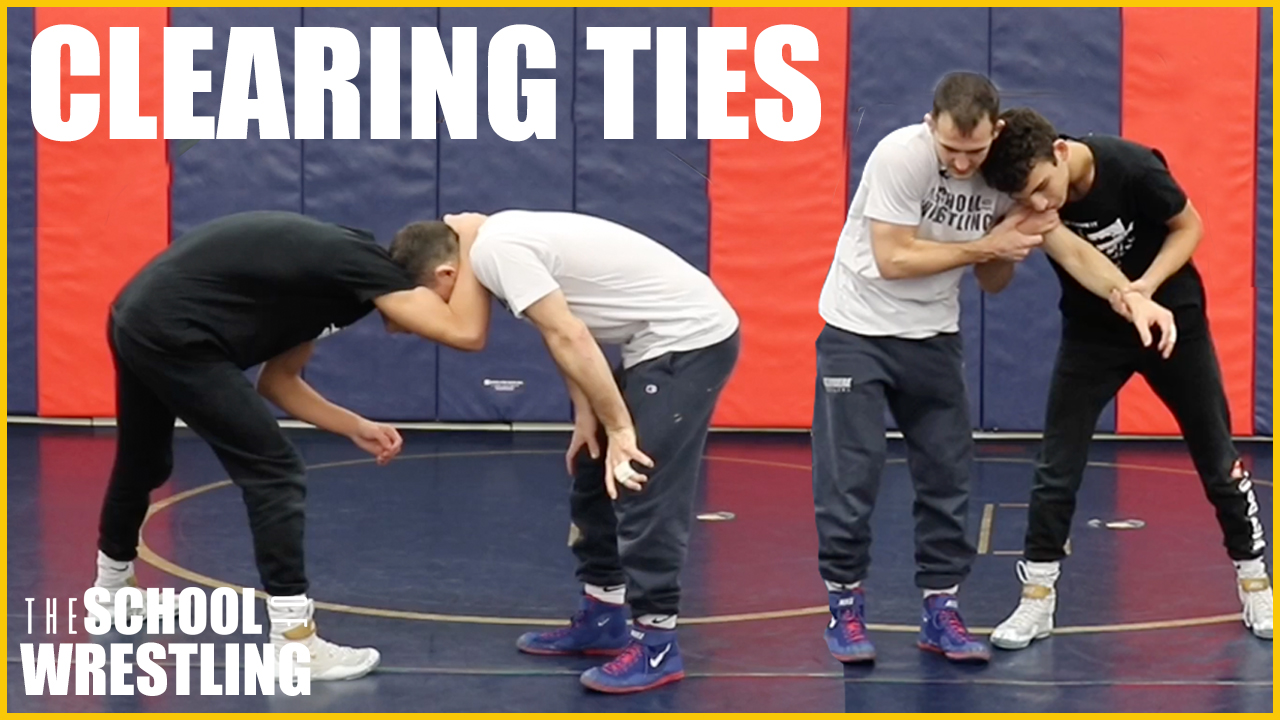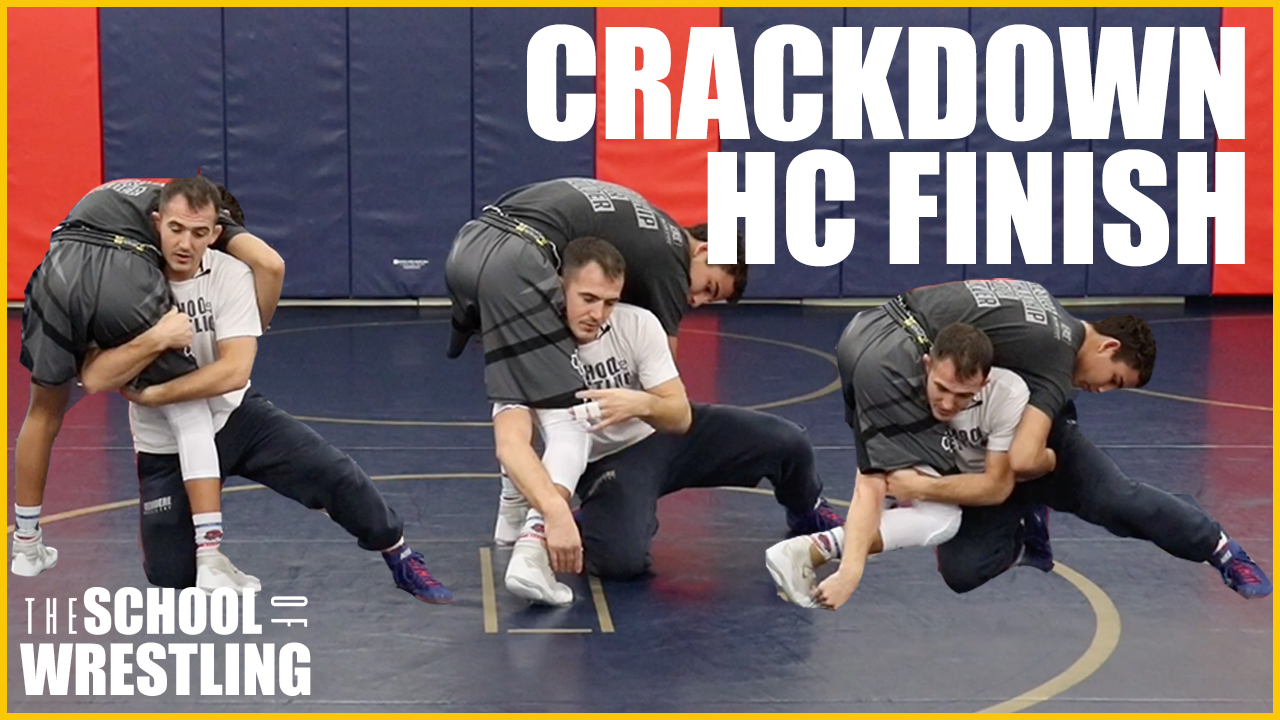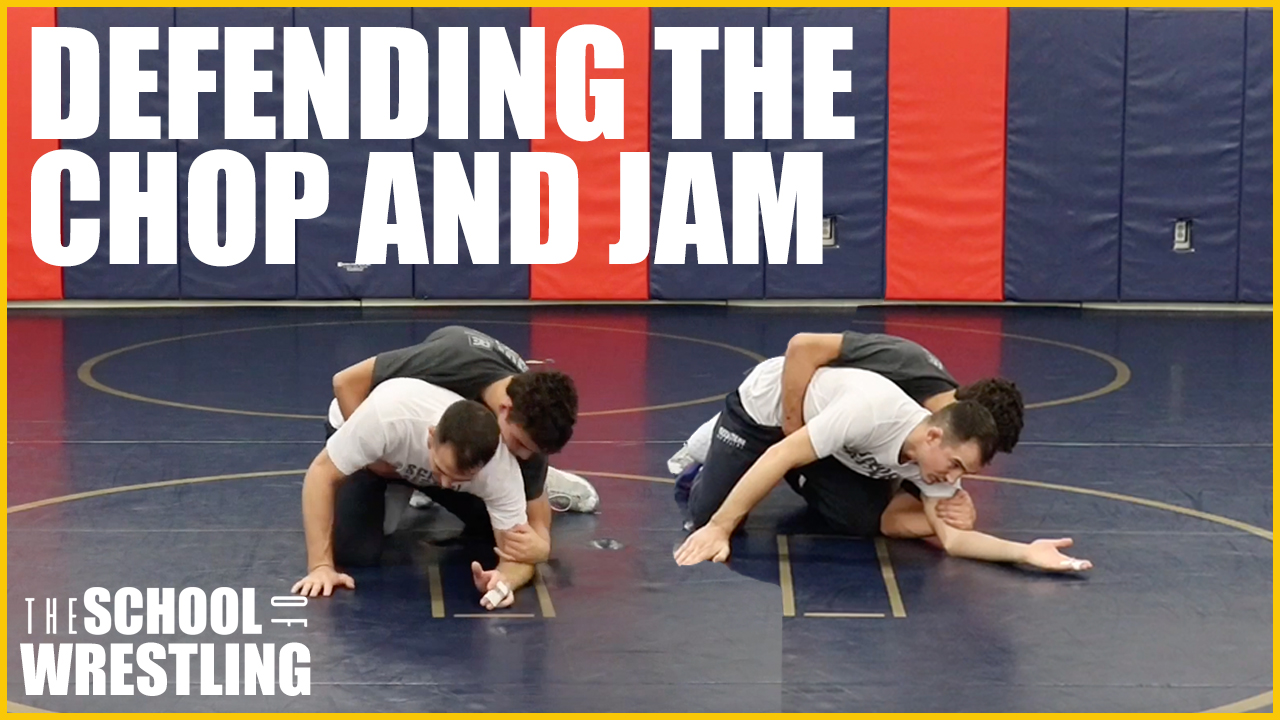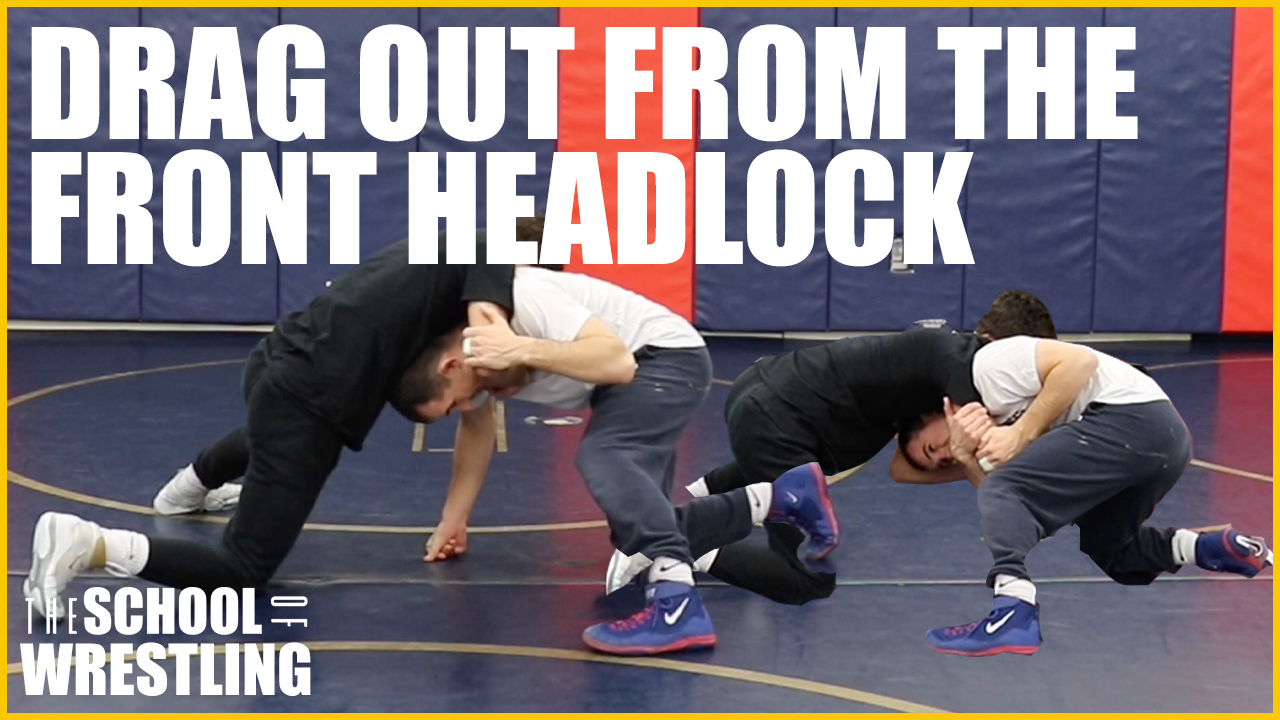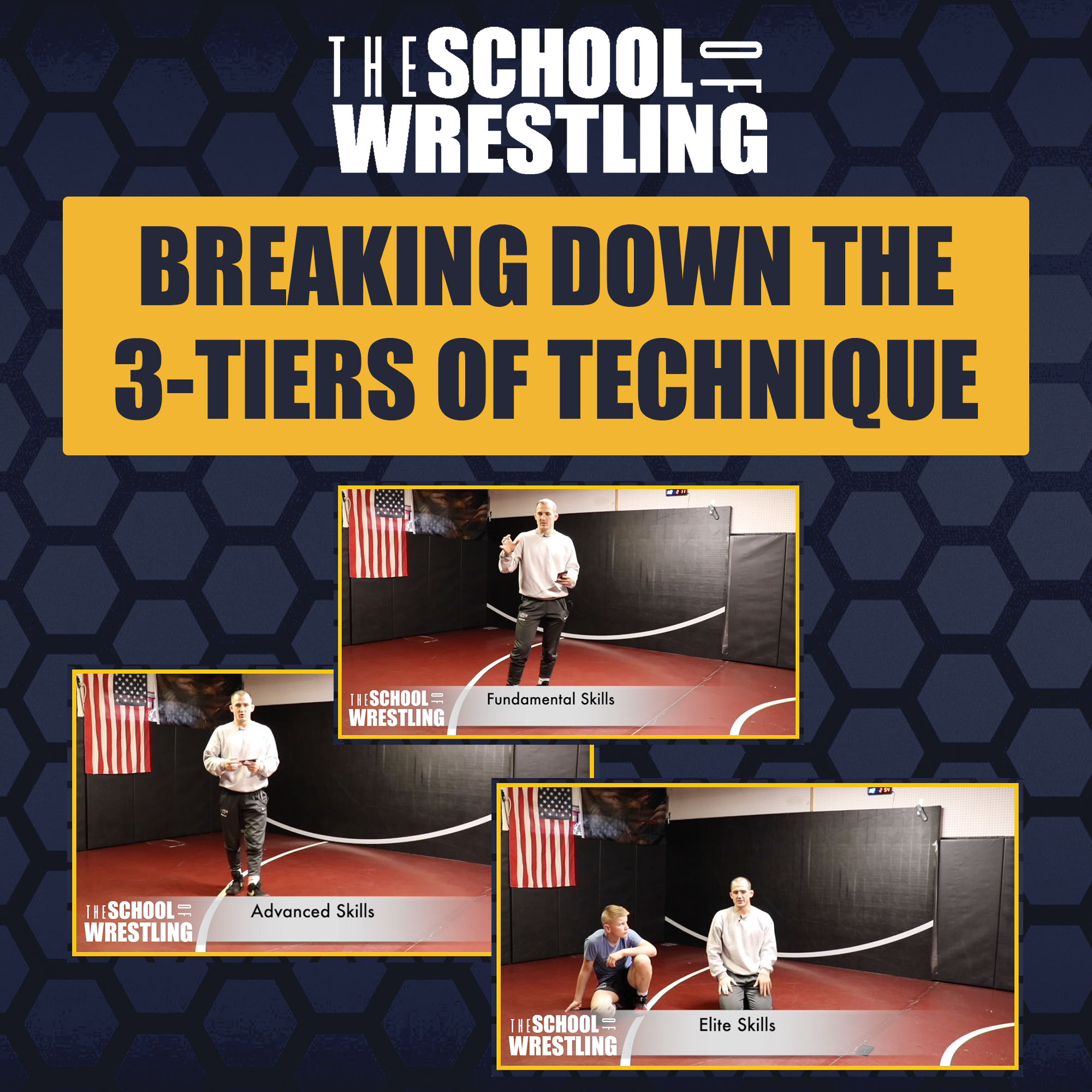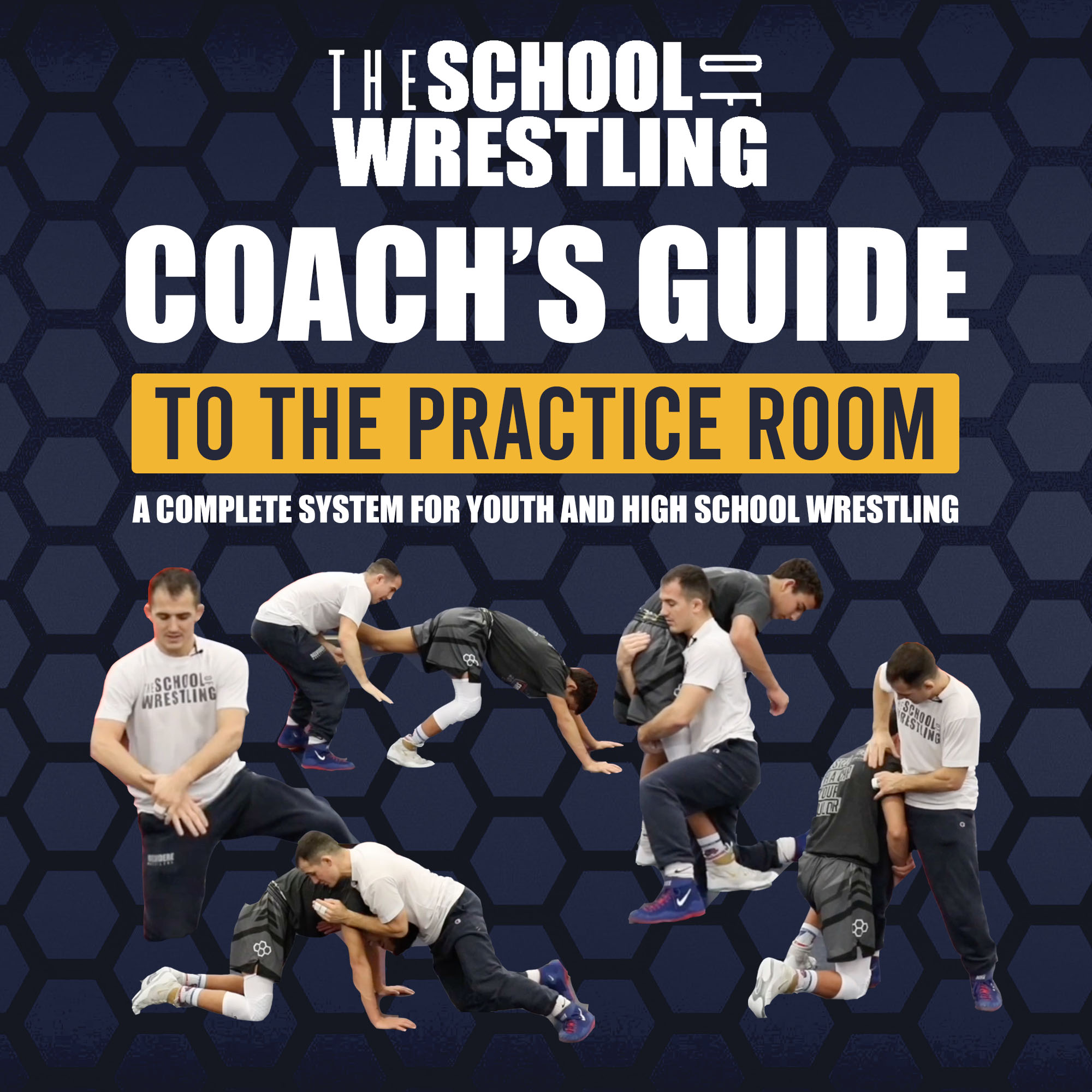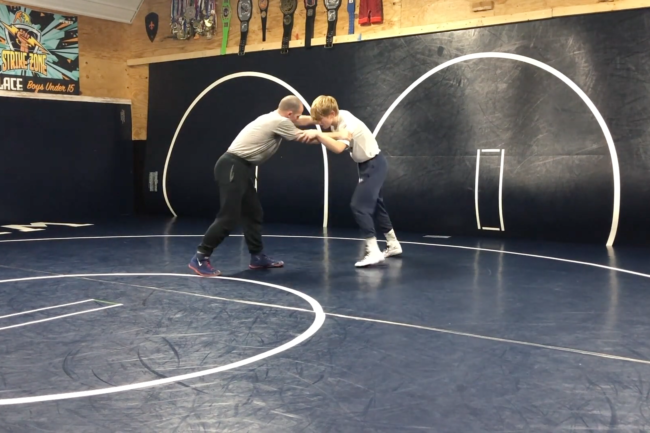Listen to this post.
Playback speed:
Here are a few ideas on how to motivate your child and keep them interested in staying involved in the sport of wrestling.
Let’s Start With The Question.
I’ve been asked this question quite a bit throughout my coaching experience by parents with children who are not as interested in the sport as they would like them to be.
I do believe there are legitimate reasons for wanting your child to be involved in the activity of wrestling. Wrestling provides such a unique opportunity to learn important life skills that can surely help someone throughout their life.
Parents should desire a remedy to their child’s lack of interest in the sport of wrestling. However, it’s important that parents recognize what those legitimate reasons are, and what they are not.
I’ve written about this topic a few times before, in which I explain the many benefits that come from being involved in the sport of wrestling. You can read “The Real Reason Why Your Child Should Wrestle” and “Why Kids Should Wrestle” to get a better understanding as to why I think you should want your child to wrestle.
What Are Some Reasons Why Kids Lose Interest In Wrestling?
Here are a few reasons as to why a child might lose interest in the sport of wrestling.
- Low Confidence – Individuals who lack confidence often struggle staying involved because they lack the ability to see a vision for themselves experiencing success.
- Parent Cares Too Much – When parents care more than the child about the tournaments and club practices, kids can start to lose interest. When parents do this they tend to overreact to wins and losses. They also tend to create training schedules that lead to burnout. It’s always better when the child takes ownership of the sport and makes wrestling “their” thing.
- Not Cool To Social Group – Wrestling isn’t the cool sport at many middle schools and high schools. This is a difficult challenge for many athletes because of how influential our peer group can be on our behaviors.
- Too Much Too Soon – Patience is an important virtue to develop for wrestling. I’ve seen so many athletes exhaust themselves with year-round competition and overly difficult training. Developing the capacity for a high workload comes with time and progressive training.
- Lack of Commitment – If you don’t “burn the boats”, and fully commit to the pursuit of your potential in something it can be difficult to maintain discipline along the journey. This doesn’t mean that every day is a “grind”, or that there is a need for year-round competition, but commitment is a decision that this is what you’ve chosen to do.
- No Longer Fun – This does not mean easy. Wrestling is a difficult activity. However, when parents and coaches encourage extreme weight cutting, run military-like practices every day, and are never happy with the outcomes, it can take the fun out of wrestling. It needs to be a positive experience and athletes need to love it in order to reach the highest levels.
How Can You Motivate Your Child?
#1 – Get Them Around People Who Love The Sport of Wrestling.
You must get your child around people who really love the sport and are passionate about it. One of the easiest ways for someone to start losing interest in wrestling is to be around people who don’t genuinely like it. Oftentimes, parents wait to see how “interested” their child is in wrestling before they take them to the “elite” club. In most cases, I think you should do the opposite. Having other athletes and coaches around them who truly love the entire process of the sport will motivate and inspire them every day to engage in it.
People who are passionate about wrestling also tend to be better at it. I think it’s important to have coaches and teammates that can help you improve because wrestling requires confidence to stay involved long-term, and confidence is only developed through consistent progress. Being around other committed athletes will also make it easier for your child to commit to wrestling. The opposite is also true. Finding the right environment is crucial for your child staying motivated and interested in wrestling.
#2 – Instill A Growth Mindset.
The growth mindset is the concept that someone’s skills and abilities are not fixed and that they can be improved with effort. Instilling this mindset in your child is a process that requires you to consistently remind them that outcomes are just information. Whether someone wins or loses in competition there should always be information that they can use to help them get better going forward. When an individual focuses on getting better, as opposed to thinking they’re either good or bad, they will start to fully engage with the process of improvement. As someone improves they will start to recognize the correlation between effort and skill. The athlete that understands that as they apply more effort their skills and abilities also improve, will be more likely to respond to situations positively.
#3 – Believe In Your Child.
I’ve been extremely curious as to where self-belief exactly comes from. Henry Ford has a famous quote that summarizes the importance of self-belief really well, “The man who thinks he can and the man who thinks he can’t are both right.” If you’re child believes that they can achieve their version of success in wrestling it is very unlikely that they will quit. As an athlete self-belief is something that is never constant, some days you have it and others you question it. However, it’s those around you that show the belief in you, when you don’t fully have it, that make it easier to obtain. From my experience it’s the parents who display this belief in their child, while also encouraging the growth mindset, who motivate their child the best.
#4 – Remember It’s A Marathon, Not A Sprint.
Wrestling is one of the most difficult sports to get good at. The physical and mental challenges that present themselves throughout a career in wrestling push many to quit along the way. One thing that I’ve seen cause a lot of kids to quit is when parents express a desperation as to being elite at a younger age. Oftentimes, it’s because they feel their child’s ability is a reflection of their ability as a parent and if their child isn’t good at something then they must be doing something wrong. Regardless, parents need to understand that kids develop at different speeds. Some have natural abilities that help early on but over time all of that tends to balance out with maturity and effort.
#5 – Stop Caring So Much About Competition.
Whether it be hard work, discipline, emotional intelligence, self confidence, or living a healthier lifestyle, the benefits of wrestling come from the consistent practice, not the competition. Personally, I think if we viewed wrestling from a martial arts perspective we would get much more out of it than we currently do. Of course we can learn from competition however, it’s not necessary for self improvement. If your child desires competing then great, but why force it upon them? Especially, if they enjoy going to practice and engaging in the workout. The individual will decides whether to pursue the elite levels of competition, no one else can make the decision to try and be the “best”.

